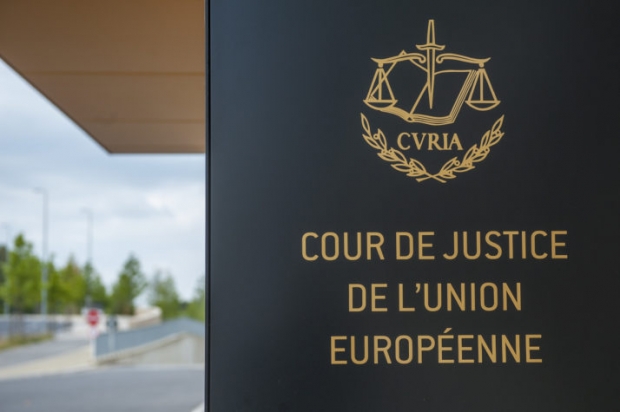The case follows a move by the German Federation of Consumer Organisations' challenge of German company Planet49's use of a pre-ticked checkbox to obtain permission to place cookies on the devices of players of its online lottery game.
Planet49 operates an online lottery website that in 2013 presented would-be players with an input box to enter a postal code, a name, and an address, with two sets of checkboxes. The first, to signal consent for various commercial offers, was not pre-selected. The second, to signal consent to have ad targeting cookies placed on one's device, was pre-selected.
The German Federation of Consumer Organisations moaned in 2014 that the lottery website didn't adequately obtain the informed consent of the user under Article 5(3) of Europe's ePrivacy directive, which preceded the more stringent GDPR that took effect last year. And in the years that followed, the consumer group's lawsuit made its way through German courts to the CJEU, the European Union's equivalent of the US Supreme Court.
In March, Advocate General Maciej Szpunar, who advises the court, said Planet49 failed to obtain valid consent when it presented online lottery players with a pre-selected checkbox.
"Requiring a user to positively untick a box and therefore become active if he does not consent to the installation of cookies does not satisfy the criterion of active consent", Szpunar said in his opinion.
"In such a situation, it is virtually impossible to determine objectively whether or not a user has given his consent on the basis of a freely given and informed decision. By contrast, requiring a user to tick a box makes such an assertion far more probable."
Now that CJEU has come to the same conclusion as the Advocate General, the online advertising industry is going to have to pull its socks up.




